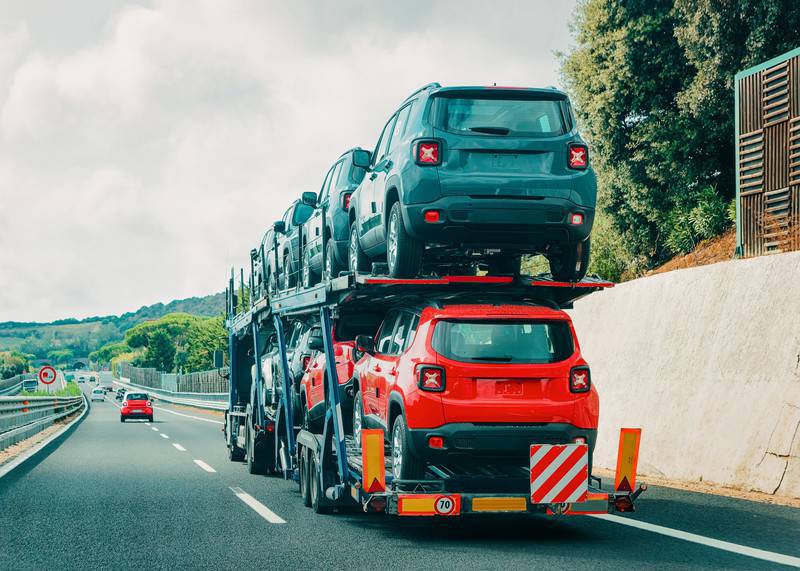That initial quote is a ballpark figure. The real deal gets hammered out when a carrier says, "Yep, I'll take this job," and that's when the price can shift. This could be due to a sudden spike in demand (think city-wide evacuations) or simply because your pickup spot is off the beaten path.
It is important to work with a company that is upfront about costs. A reputable company will provide a quote that falls within a reasonable range of the final cost, typically within $100 to $250 of the initial estimate.
If they're promising the moon for pennies, be cautious. In this industry, if something sounds too good to be true, it probably is. You may want to pick a company based on reviews rather than the actual dollar amount.
Certain actions or oversights can bump up the cost of transport unexpectedly:
- Overloading your car with more than 100 lbs of items.
- Stacking items high enough to obstruct window visibility.
- Leaving valuables in the car.
- Transporting an uninsured vehicle.
- Placing items in the front seats.
Working with brokers can be tricky. Their primary focus might lean more towards making sales than ensuring quality transport. It’s a good practice to directly verify with the trucking company that the rate your broker quotes matches up with what you’re expected to pay to avoid surprises.

